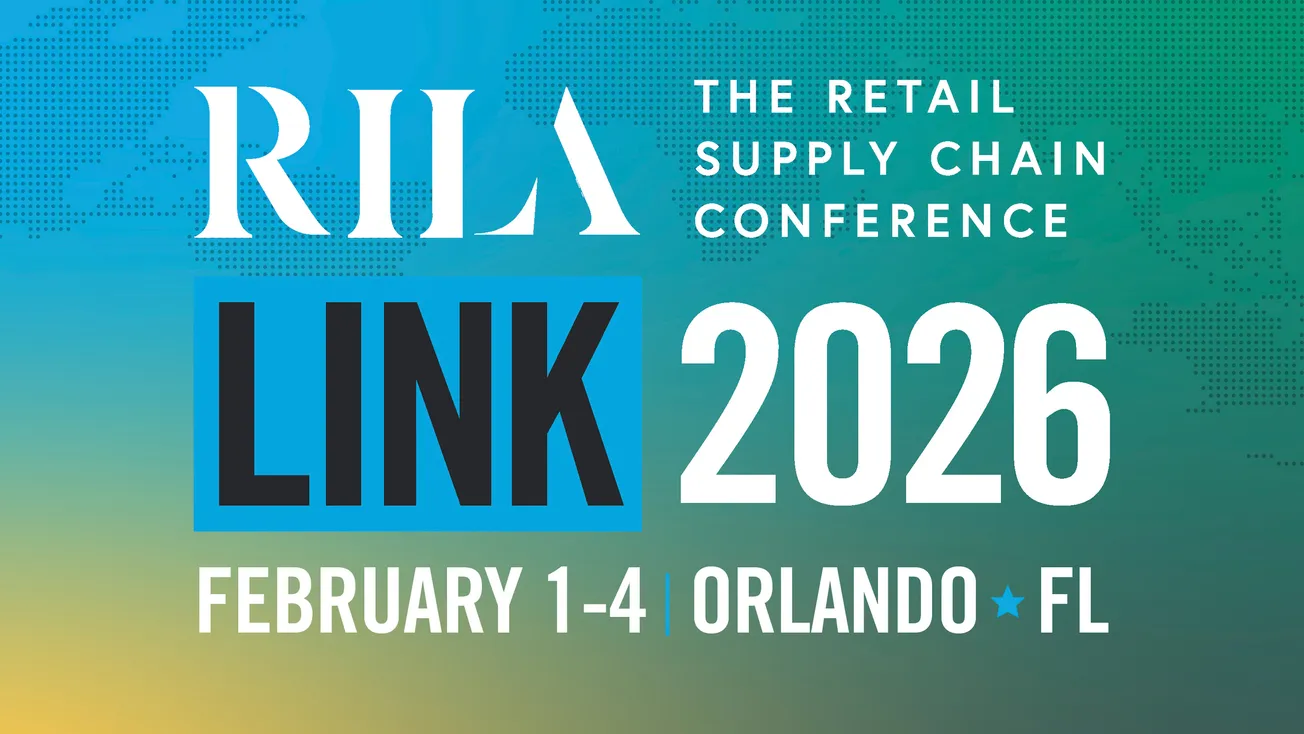WASHINGTON — The National Retail Federation today announced the launch of an advocacy campaign urging Congress to support the Credit Card Competition Act.
The campaign begins today and runs through Friday on social media, ConnectedTV, and digital platforms.
NRF cited new consumer data suggesting that just 21% of survey respondents think credit card companies are leveling with lawmakers about fees retailers pay each time a shopper pays with one of their cards.
NRF noted that these so-called swipe fees are most merchants’ highest costs after labor. The Credit Card Competition Act would require that there be at least two competing processing networks enabled on each card, potentially saving U.S. businesses and consumers billions of dollars each year.
 NRF advocates passage of the Credit Card Competition Act, which in June was reintroduced in the Senate by Sens. Richard Durbin (D-Ill.), Roger Marshall (R-Kan.), Peter Welch (D-Vt.) and J.D. Vance (R-Ohio, and in the House by Reps. Lance Gooden (D-Texas), Zoe Lofgren (D-Calif.), Thomas Tiffany (R-Wisc.) and Jefferson Van Drew (R-N.J.).
NRF advocates passage of the Credit Card Competition Act, which in June was reintroduced in the Senate by Sens. Richard Durbin (D-Ill.), Roger Marshall (R-Kan.), Peter Welch (D-Vt.) and J.D. Vance (R-Ohio, and in the House by Reps. Lance Gooden (D-Texas), Zoe Lofgren (D-Calif.), Thomas Tiffany (R-Wisc.) and Jefferson Van Drew (R-N.J.).
Durbin and Marshall first introduced the legislation in the Senate in 2022. The bill was first offered in the House in September by Gooden and Welch, who subsequently was elected to the Senate.
NRF noted that Visa and Mastercard control 80% of the U.S. credit card market and currently restrict competition by allowing transactions made on cards issued under their brands to be processed only over their own networks.
The Credit Card Competition Act requires that credit cards issued by the nation’s largest banks be able to be processed over at least two unaffiliated networks – Visa or Mastercard plus a competing credit card network or one of several independent networks like Star, NYCE or Shazam. Merchants would then choose which of the two networks to use, prompting networks to compete over fees, security and service.
NRF said swipe fees for Visa and Mastercard credit cards average 2.24% of the purchase amount and amounted to $93.2 billion in 2022, approaching four times the $25.6 billion charged in 2009.










